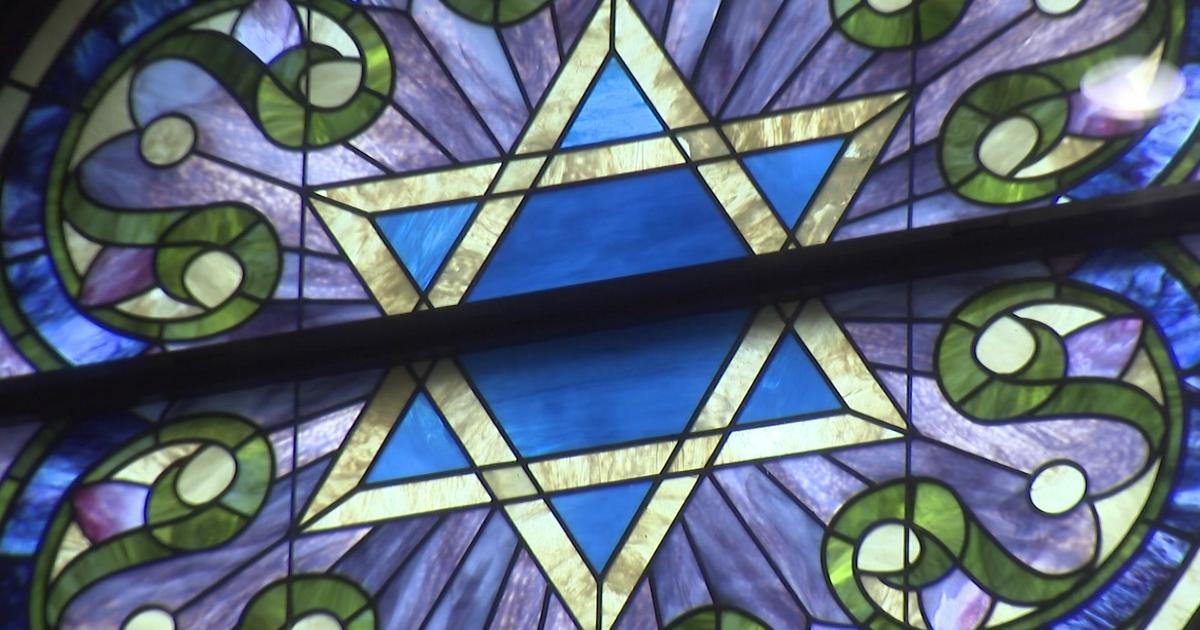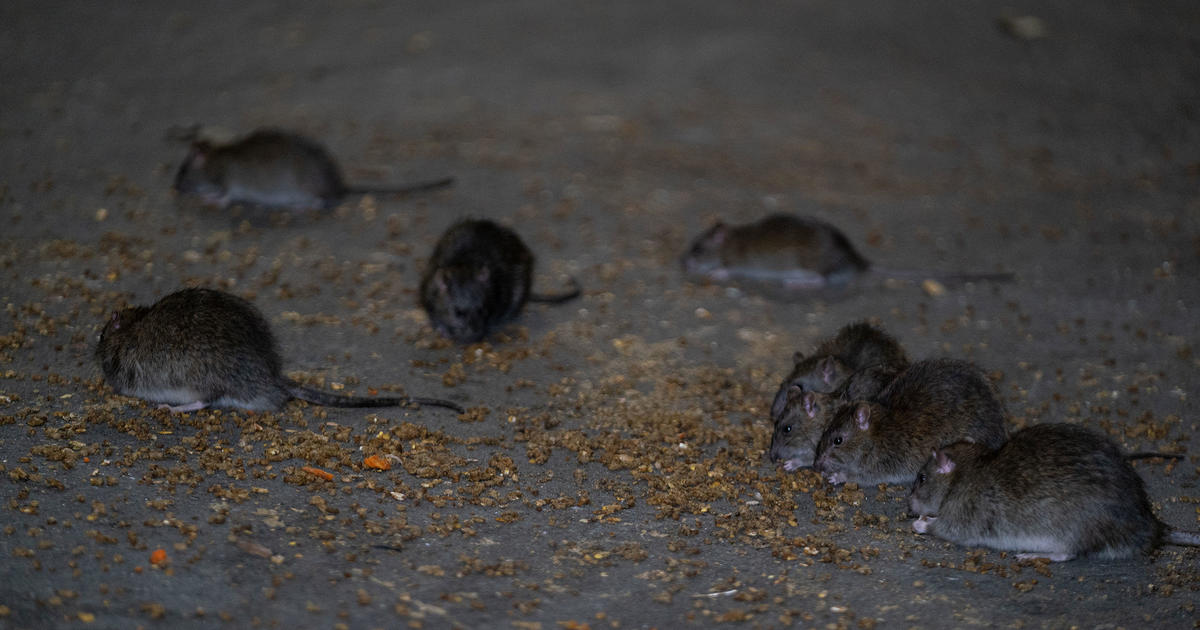Anti-Semitic Incidents Reach 40-Year High With Most Cases In New York, New Jersey
NEW YORK (CBSNewYork) - A new report found a record number of anti-Semitic incidents take place in the United States in 2019, a level not seen in 40 years.
Even more concerning, one-third of the incidents took place in New York and New Jersey, reports CBS2's Kiran Dhillon.
The staggering number of antisemitic incidents that took place across the country in 2019 include several attacks here at home.
Among the most horrific were a shooting in Jersey City that took the lives of four victims, including a police officer, and a stabbing during a Chanukah party at rabbi's home in Monsey.
"Anti-Semitism is worse in the United States than it has been in four decades," said Jonathan Greenblatt of the Anti-Defamation League.
A new report by the Anti-Defamation League has found there were more than 2,100 antisemitic incidents nationwide in 2019, the highest number since the group started tracking data in 1979.
That number is up 12% since the year before.
The incidents took place in houses of worship, on the street and in businesses.
"The perpetrators that we know of are often your average Janes, Joes, they're kids, adults, they're in poor areas, affluent areas, it's online, it's offline," said the Anti-Defamation League's Oren Segal.
The situation even more dire in New York, which is documenting the largest number of incidents from any state in the country.
New Jersey is close behind in second place.
Gov. Phil Murphy's office released the following statement regarding the report:
"Antisemitism is never acceptable, and Governor Murphy and the Murphy Administration will continue taking every action necessary to prevent antisemitic incidents in New Jersey. After the hate-fueled shooting in Jersey City in December 2019, the Governor, Office of the Attorney General, State Police, and Office of Homeland Security renewed a longstanding commitment to fighting the scourge of antisemitism, working to educate our youth and overcome bias, and working with communities of faith. We have also significantly improved our reporting structure, which has allowed for more incidents to be handled swiftly and appropriately. New Jersey's strength comes from our diversity, and hate has no place in our state."
A spokesman for Attorney General Gurbir S. Grewal also responded to the report, saying, "The rising tide of antisemitic incidents and other bias incidents in NJ and across the country is deeply troubling. We take this problem seriously are committed to combating hate in all its forms. We have taken several steps to reduce acts of hate including analyzing the trends in reported bias incidents and identifying the root causes."
More than half of the assaults nationwide took place in New York City, primarily in Brooklyn.
"Anti-semitism is not new. If you can get away with it, then it encourages others to do it as well," said Rabbi David Niederman of the United Jewish Organizations of Williamsburg and Brooklyn. "In Brooklyn, you see the physical attacks more, because we are concentrated. They know where to find us."
Officials also now worry the coronavirus pandemic is influencing a resurgence of hate.
On Sunday in Williamsburg, a Queens couple was arrested after allegedly snatching a Hasidic man's face mask and making anti-Semitic comments related to COVID-19.
"Whether it is, this horrible anti-Semitic act that we saw or the horrible anti-Asian acts we saw in previous weeks, none of these acts of bias or discrimination are acceptable in New York City," said Mayor Bill de Blasio.
Meanwhile, the ADL says more reporting data along with cellphones and social media could be behind the rise in cases.
"Individuals actually videoing the hate and spreading them and inspiring copycats, that's something I don't think we've seen in the past," said Greenblatt.
In New York and New Jersey both, officials have stepped up enforcement.
But the ADL says more needs to be done. It wants to see more funding for security around Jewish institutions, improvements in hate crime laws, data collection and more education.
"The best way to interrupt intolerance is to prevent it from taking place in the first place," said Greenblatt. "Education, Holocaust awareness, these things are critical."
The leaders say hate is damaging and it needs to stop, so people of all faiths can feel safe in their communities.



